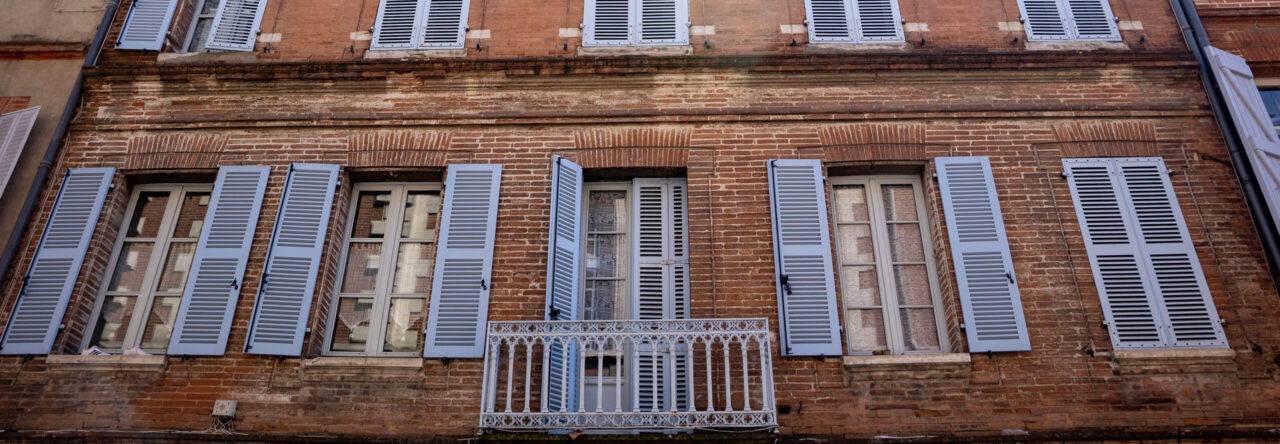 A strong point of my time in Toulouse until now is my volunteer experience. On Tuesdays, I go to SupAéro, a university of aeronautic engineering and space in Toulouse. The university has a debate team, which is taught by an Irish professor. I debated in high school, and thus during each session of my volunteering work I help the professor teach the skill of debating to the SupAéro students. The volunteering intrigues me because all the competitions are in English. Thus, it is necessary for the students to learn English before they do debating. Each session, the team divides in two and we practice arguing the two sides of the motion. I am always impressed by the capacity of the students to debate in English with fluidity and eloquence. To me, the rules of the French Debating Association (FDA), specifically the rule that stipulates that all the competitions must be in English, seem to be culturally divergent. I had the impression that the French have an unbreakable pride of the French language, but debating, an intellectual exercise with ancient origins, is in English. Although at the time I didn’t understand the linguistic inconsistency, I now know that the usage of English indicates the will of the French to open the minds of the students, and to teach them a language like English, which is used around the world for business and diplomacy. I reflected on debating at SupAéro and deduced that the engagement of the French universities regarding debate illustrates the strength of the longstanding tradition in France of intellectual discourse.
A strong point of my time in Toulouse until now is my volunteer experience. On Tuesdays, I go to SupAéro, a university of aeronautic engineering and space in Toulouse. The university has a debate team, which is taught by an Irish professor. I debated in high school, and thus during each session of my volunteering work I help the professor teach the skill of debating to the SupAéro students. The volunteering intrigues me because all the competitions are in English. Thus, it is necessary for the students to learn English before they do debating. Each session, the team divides in two and we practice arguing the two sides of the motion. I am always impressed by the capacity of the students to debate in English with fluidity and eloquence. To me, the rules of the French Debating Association (FDA), specifically the rule that stipulates that all the competitions must be in English, seem to be culturally divergent. I had the impression that the French have an unbreakable pride of the French language, but debating, an intellectual exercise with ancient origins, is in English. Although at the time I didn’t understand the linguistic inconsistency, I now know that the usage of English indicates the will of the French to open the minds of the students, and to teach them a language like English, which is used around the world for business and diplomacy. I reflected on debating at SupAéro and deduced that the engagement of the French universities regarding debate illustrates the strength of the longstanding tradition in France of intellectual discourse.
